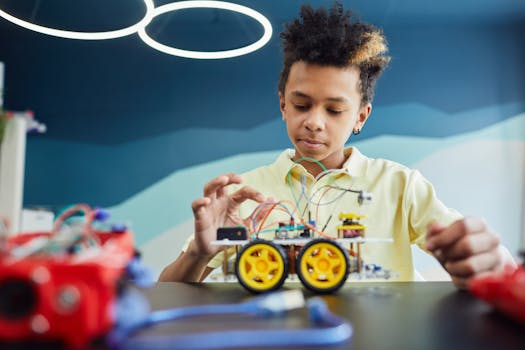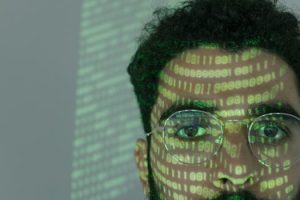Post-Pandemic Recovery: Rebuilding Learning Loss with AI
The COVID-19 pandemic has undoubtedly caused significant disruptions to the education system worldwide. According to a report by UNESCO, over 1.5 billion learners have been affected, with school closures impacting over 91% of the world’s student population. This sudden shift to remote learning has resulted in learning loss for students of all ages, with marginalized communities being the most affected. As the world slowly emerges from the pandemic, it is crucial to address this learning loss and find effective solutions for rebuilding the education system. One promising avenue is the use of artificial intelligence (AI) in education. In this article, we will explore how AI can play a pivotal role in recovering from the learning loss caused by the pandemic.
The Impact of the Pandemic on Education
The pandemic has brought about an unprecedented disruption to education, with schools and universities closing down and shifting to online learning. While this was necessary to ensure the safety of students and teachers, it has also revealed the existing inequalities in access to education. Many students from low-income families and marginalized communities do not have access to computers or reliable internet connections, hindering their ability to participate in online learning. Moreover, the sudden shift to remote learning has also affected the quality of education, with students struggling to adapt to this new method of learning. All of these factors have contributed to a significant loss of learning for students across the globe.
The Role of AI in Addressing Learning Loss
Artificial intelligence has already been making waves in various industries, from healthcare to finance. And now, it is poised to revolutionize the education sector as well. The use of AI technology in education can help to mitigate the impact of the pandemic on learning loss in several ways.
Personalized Learning
One of the key benefits of AI in education is its ability to personalize learning for each student. AI algorithms can analyze large amounts of data, such as a student’s past academic performance, interests, and learning style, to create a customized learning plan. This approach can help to bridge the learning gap and ensure that students receive the support they need to succeed.
Adaptive Assessments
Traditional assessments often fail to capture a student’s true understanding and abilities. With AI-powered assessments, students can receive immediate feedback that identifies their strengths and weaknesses. This feedback can help educators to tailor their teaching methods and provide targeted support to students who may be struggling.
Improving Access to Education
AI technology can also improve access to education for students who may have limited resources. With the ability to provide personalized learning and adaptive assessments, AI can help bridge the education gap for students in underserved communities. Furthermore, AI-powered chatbots and virtual tutors can assist students in their learning journey, providing them with 24/7 support and guidance.
The Challenges of Implementing AI in Education
While AI has the potential to transform the education system, its implementation is not without challenges. One major concern is the potential bias in AI algorithms. Without careful monitoring and testing, these algorithms could perpetuate existing inequalities and prejudices. Therefore, it is crucial to ensure that AI is used ethically and transparently in education.
Another challenge is the cost of implementing AI technology in schools. As with any new technology, the initial investment may be high, making it inaccessible for schools with limited budgets. However, the long-term benefits of AI in education could outweigh the costs, making it a worthwhile investment that helps to rebuild learning loss caused by the pandemic.
The Future of Education with AI
As the world moves towards a post-pandemic recovery, AI has the potential to play a crucial role in rebuilding the education system. With personalized learning, adaptive assessments, and improved access to education, AI can help to mitigate the learning loss caused by school closures and bridge the education gap. However, it is vital to use AI ethically and ensure equal access to this technology for all students. With careful implementation, AI could be the key to building a more resilient and inclusive education system for the future.
Conclusion
The COVID-19 pandemic has disrupted the education system, resulting in significant learning loss for students. As we look towards recovery, it is crucial to explore innovative solutions to address this issue. AI technology has the potential to revolutionize education by providing personalized learning, adaptive assessments, and improving access to education for marginalized communities. However, it is essential to use AI ethically and invest in its implementation to ensure equal access for all students. With AI, we can rebuild the education system and pave the way for a brighter future for our students.








